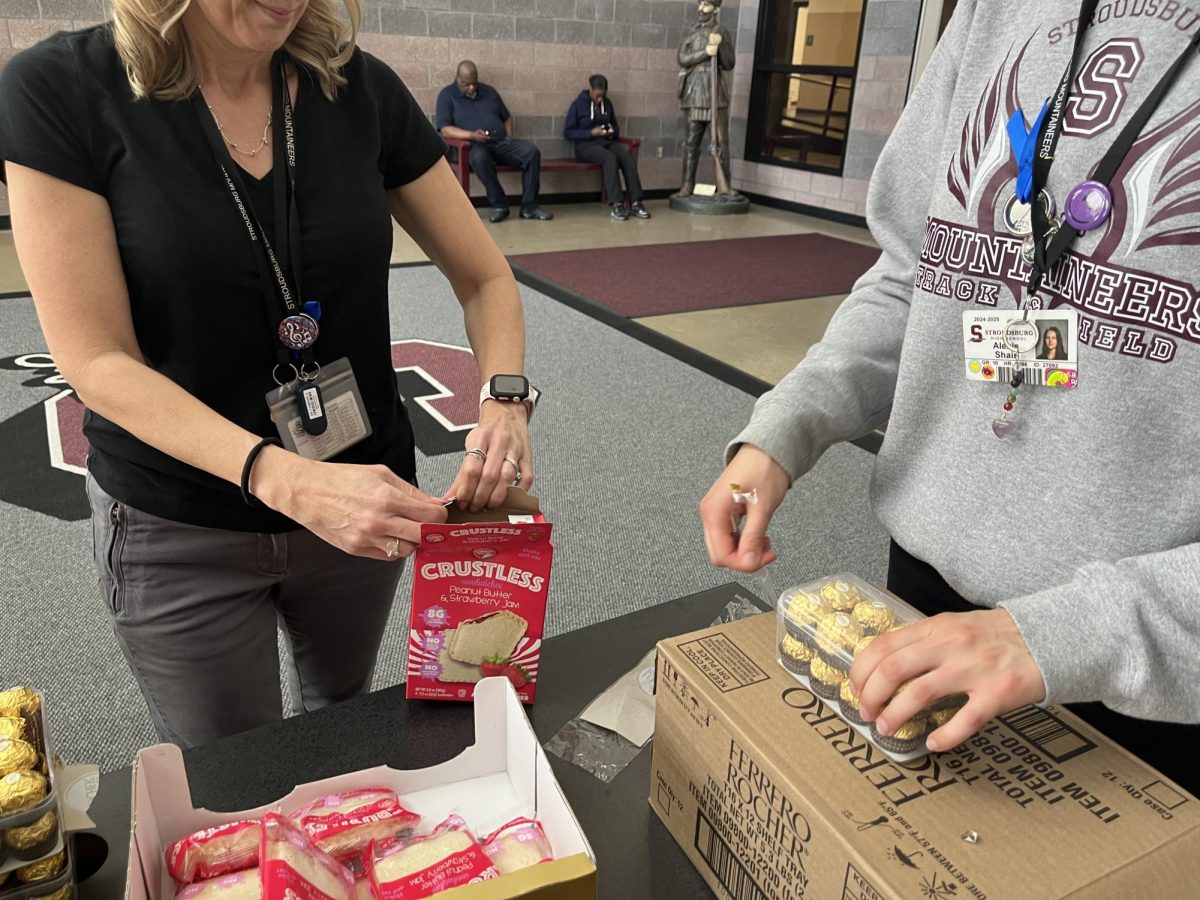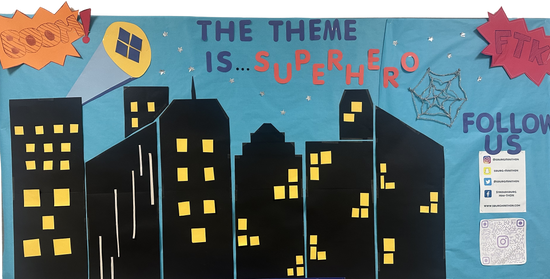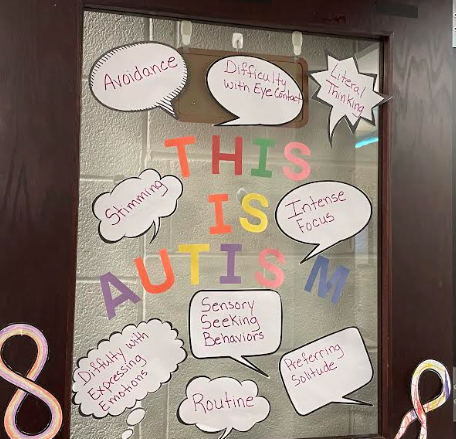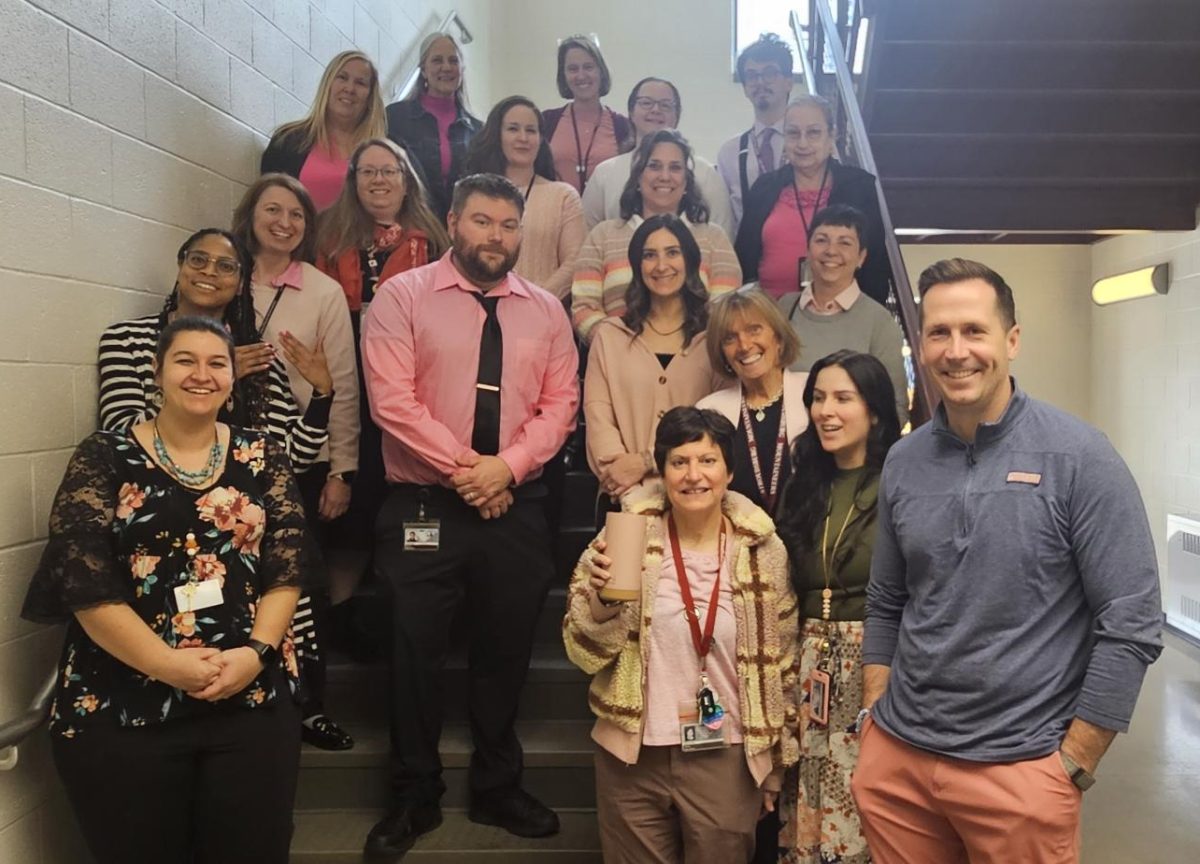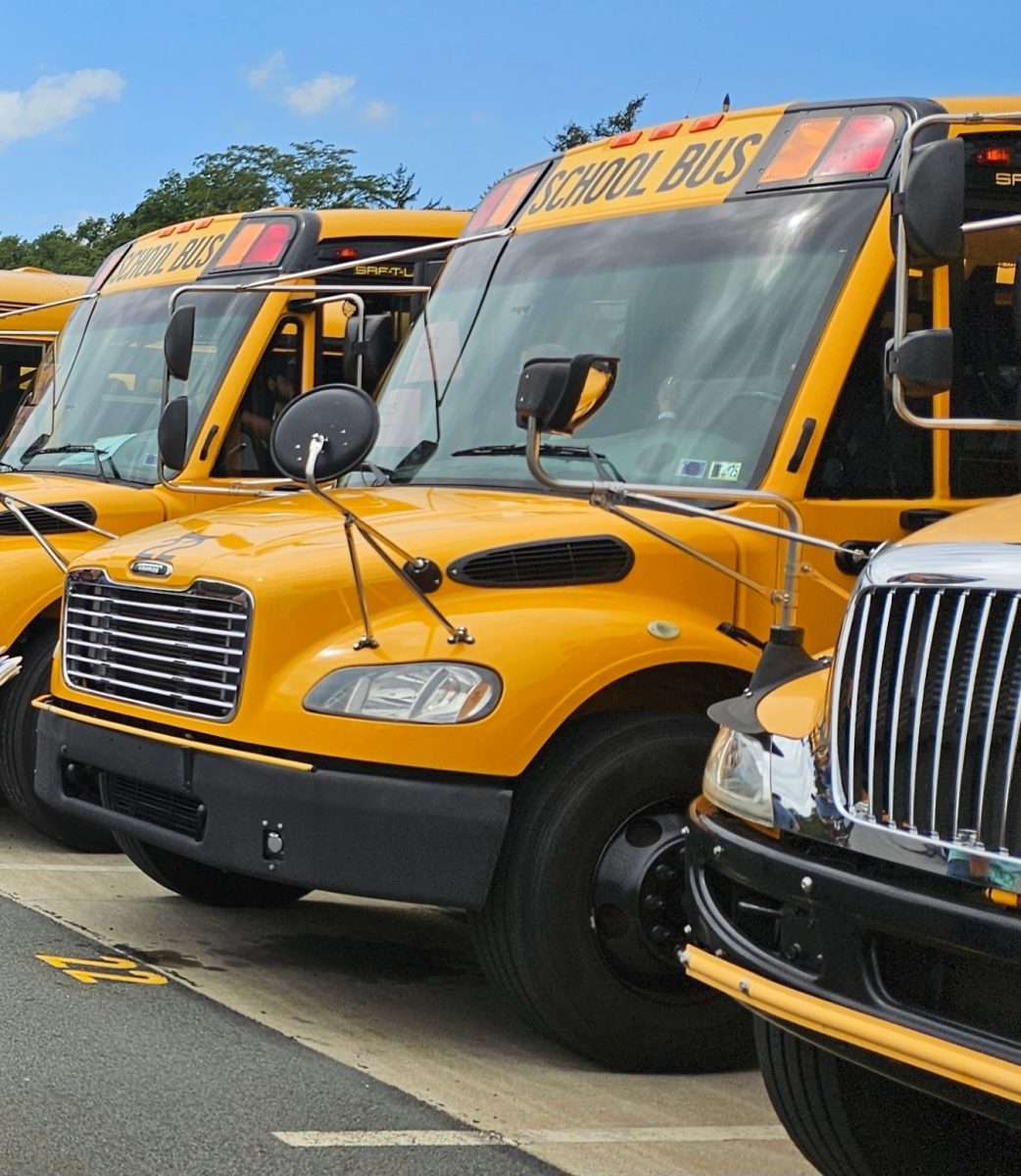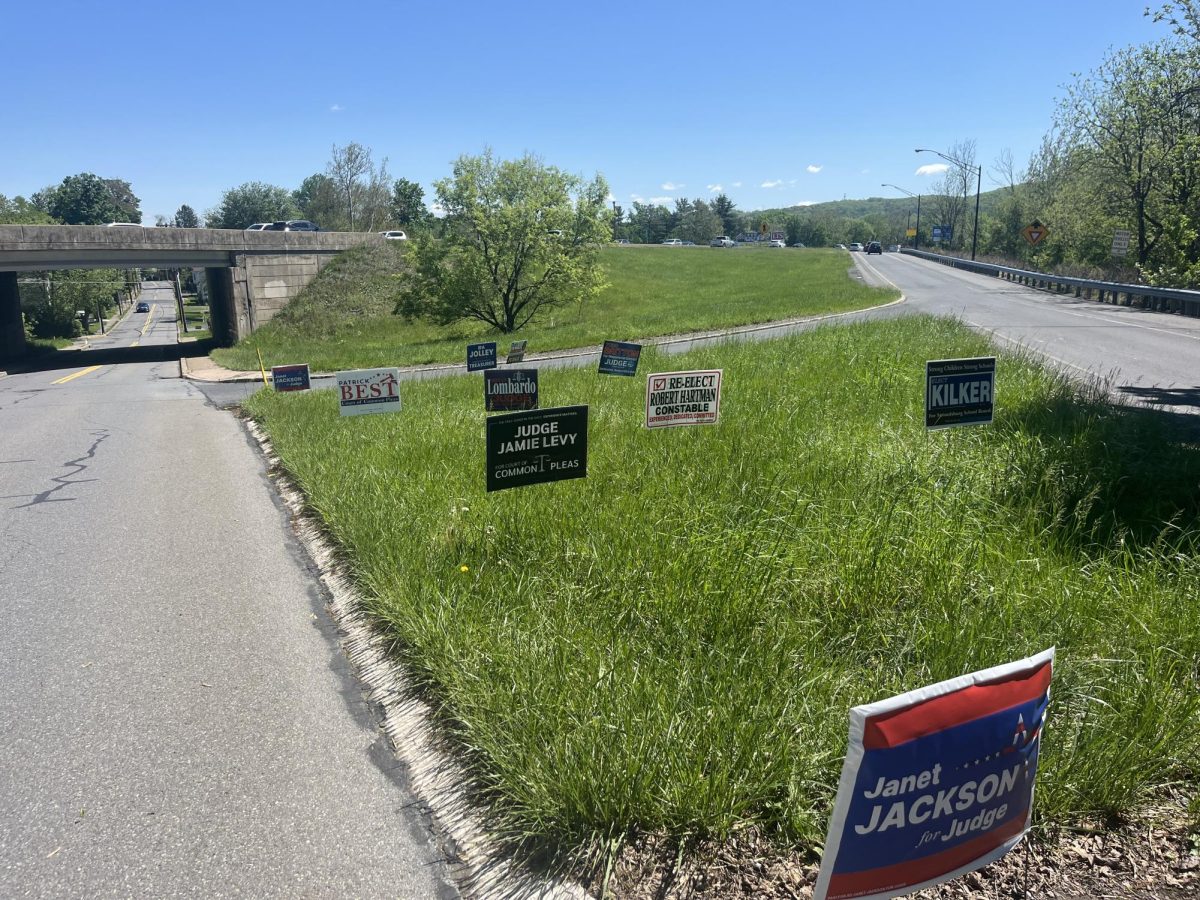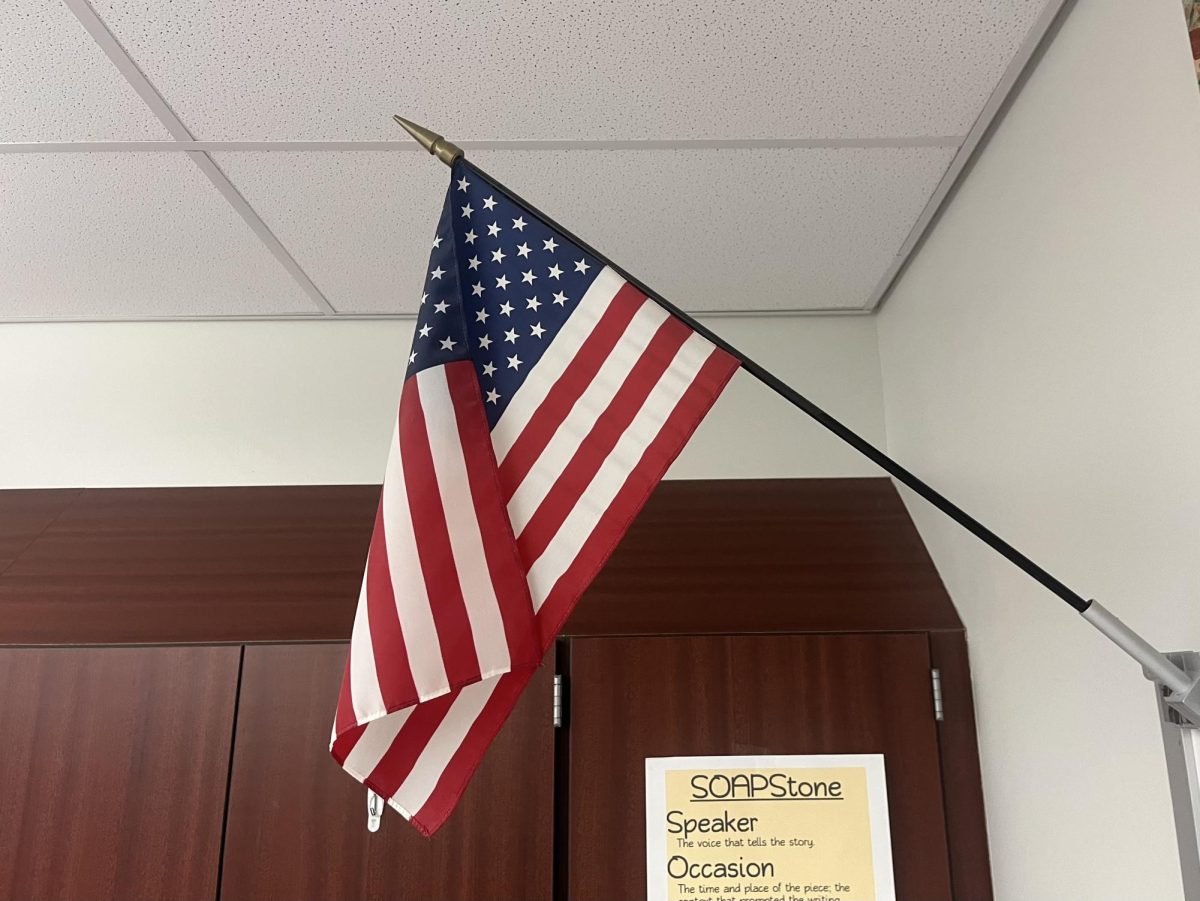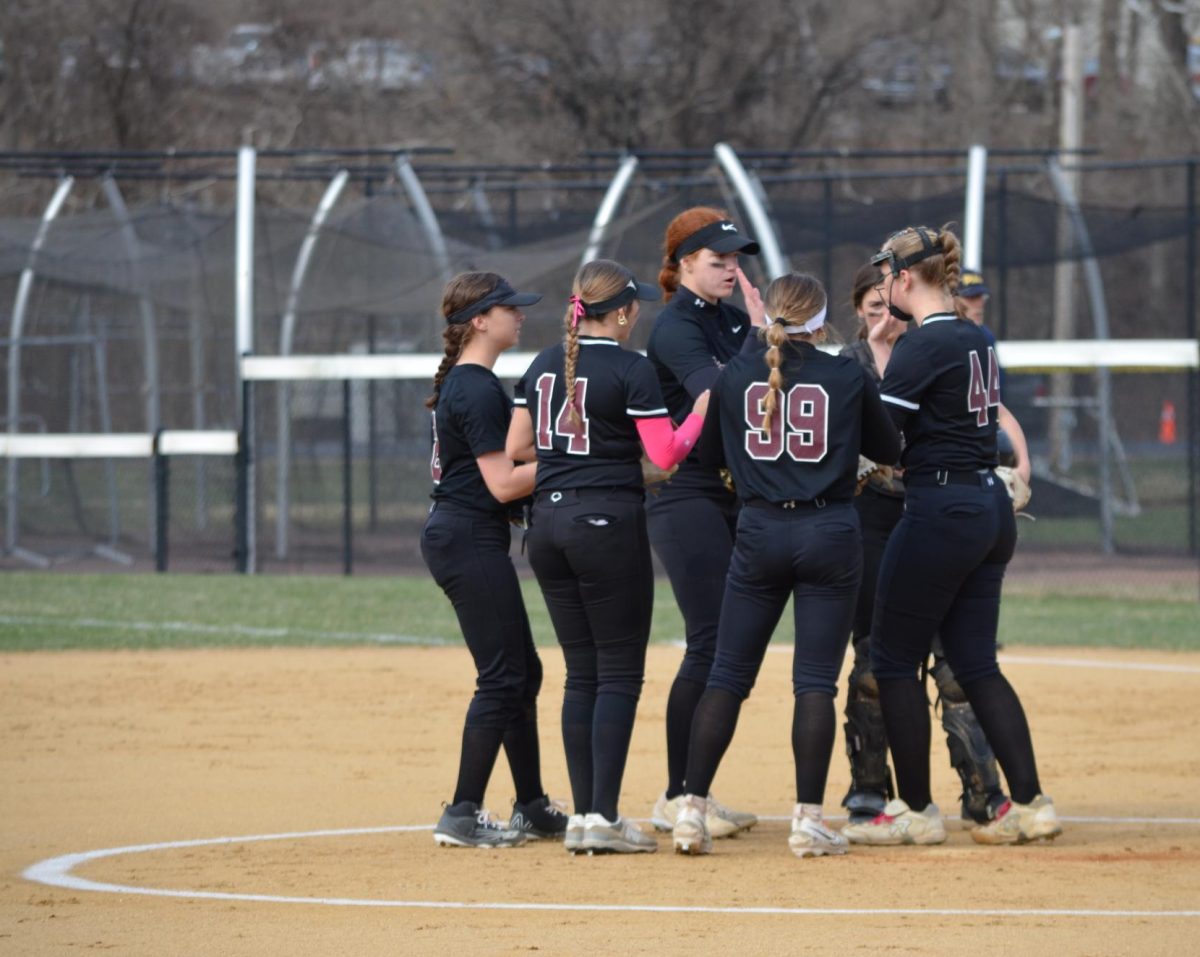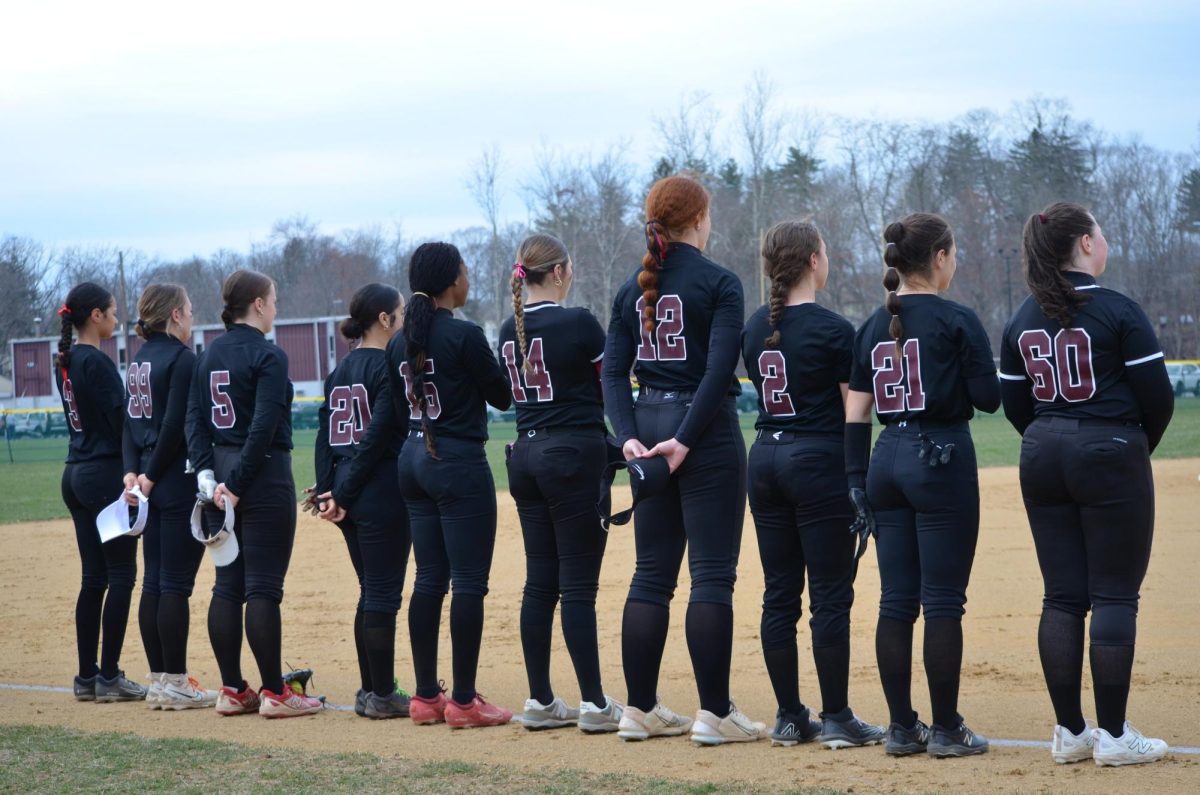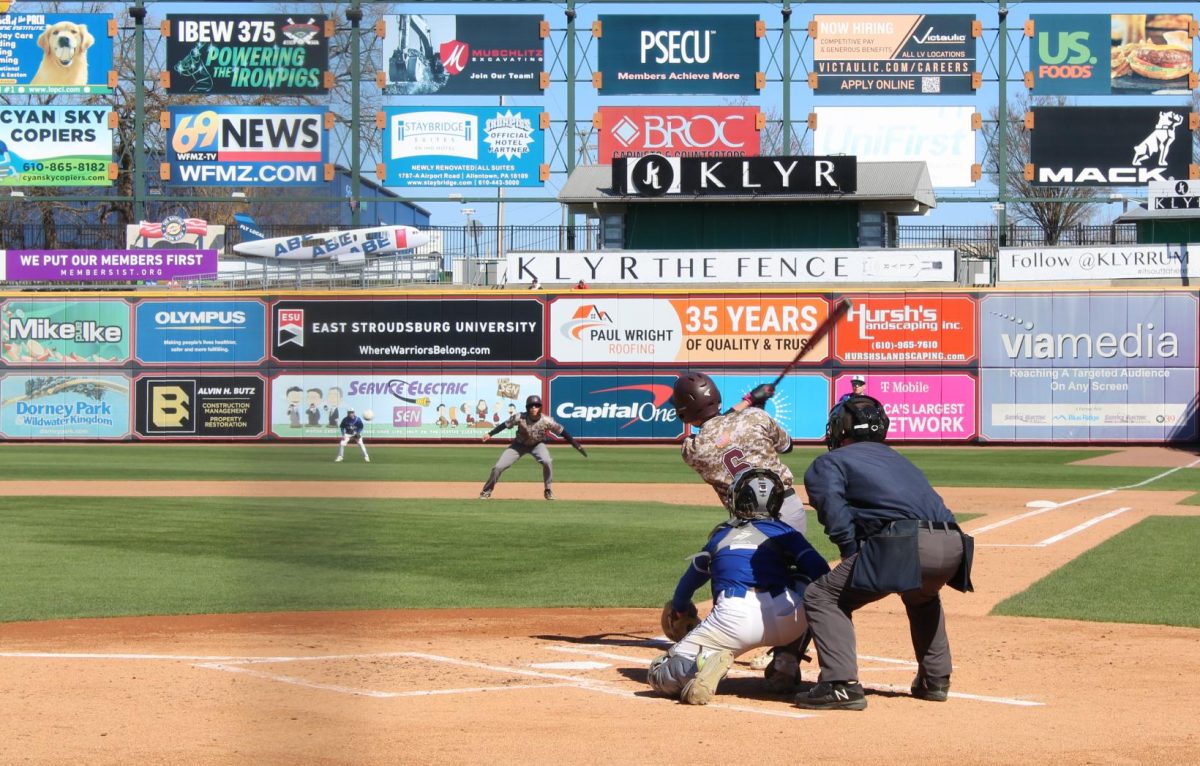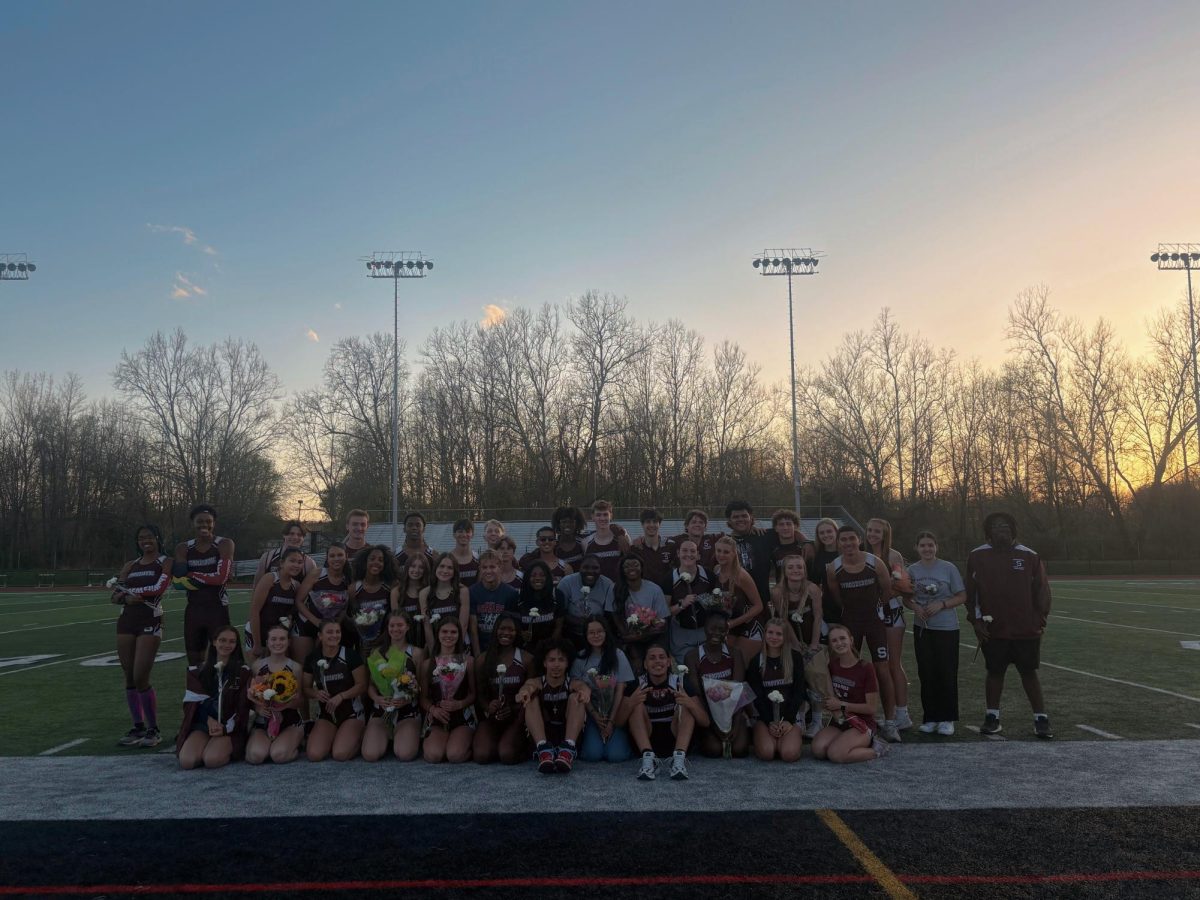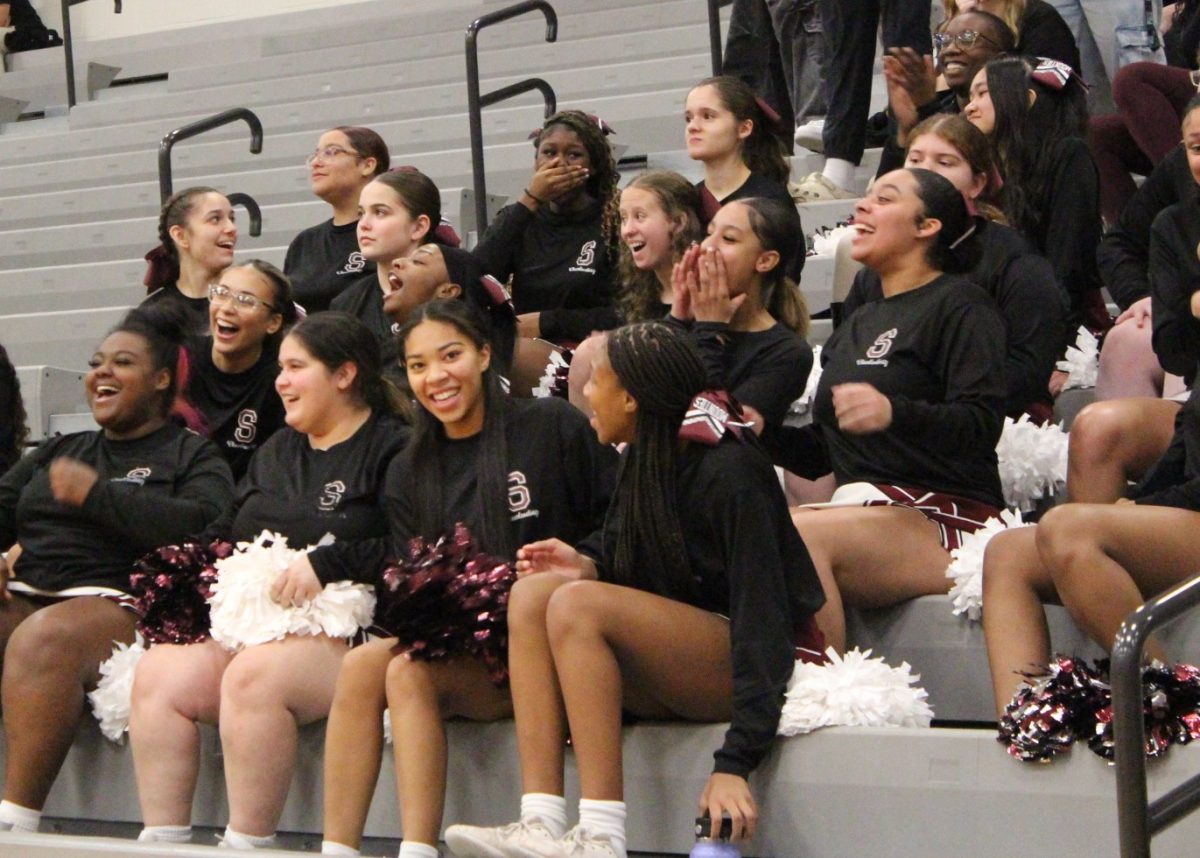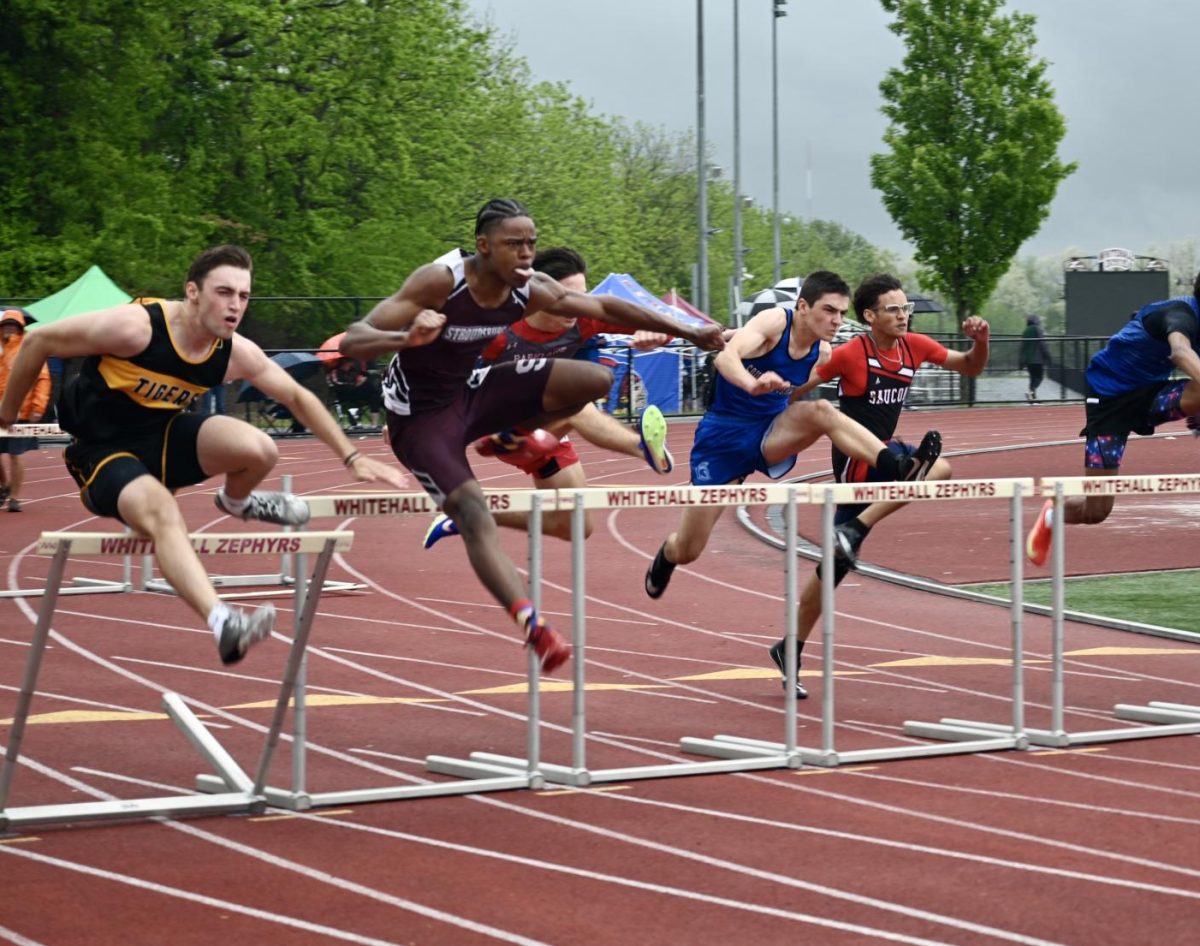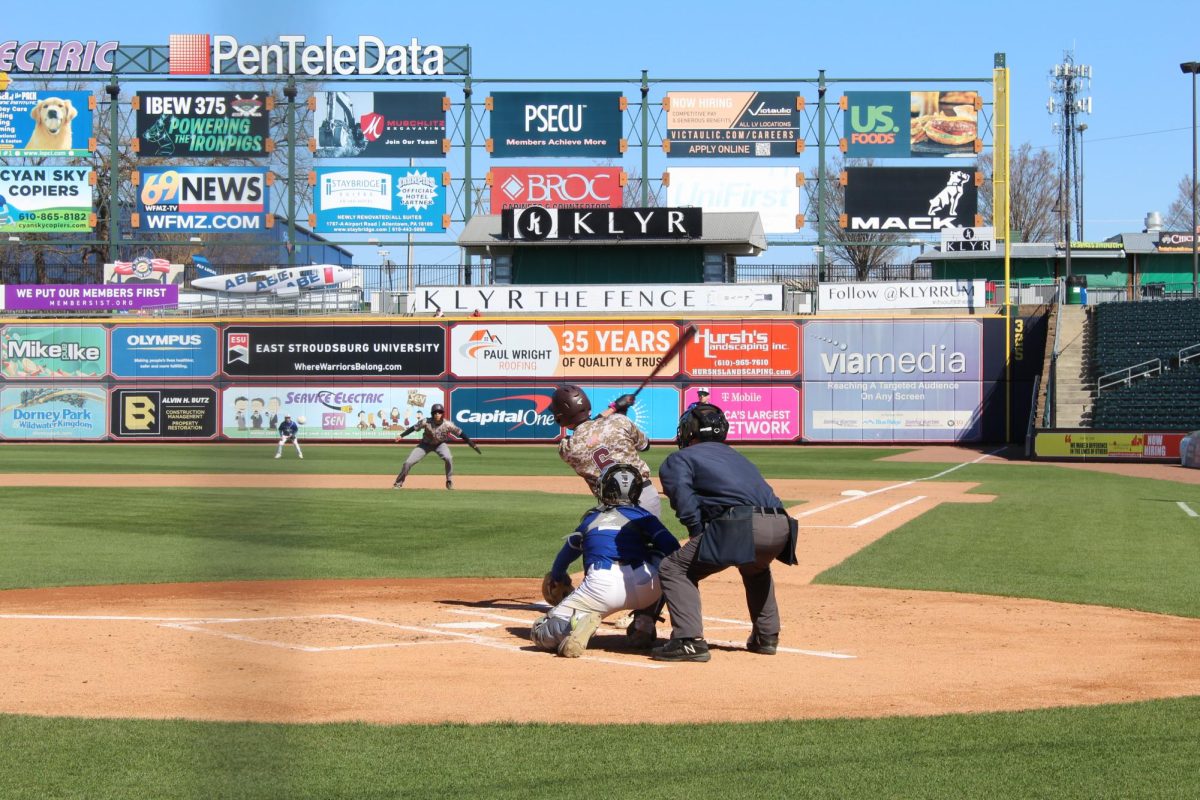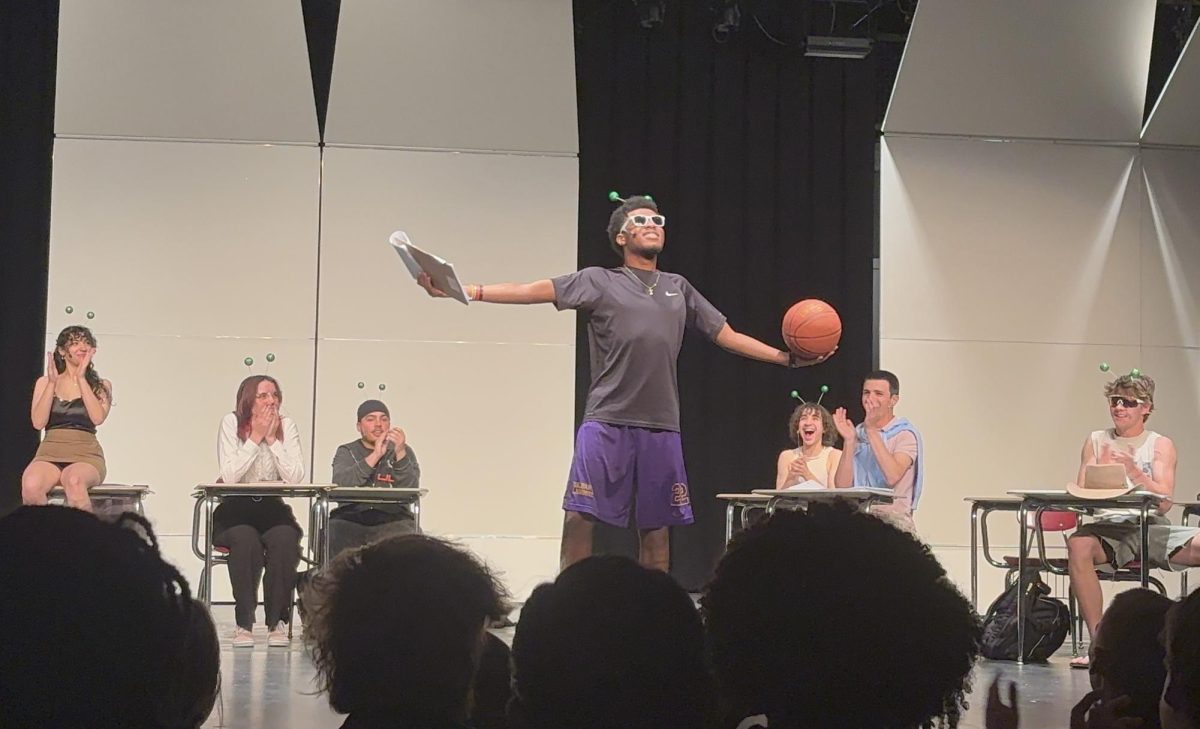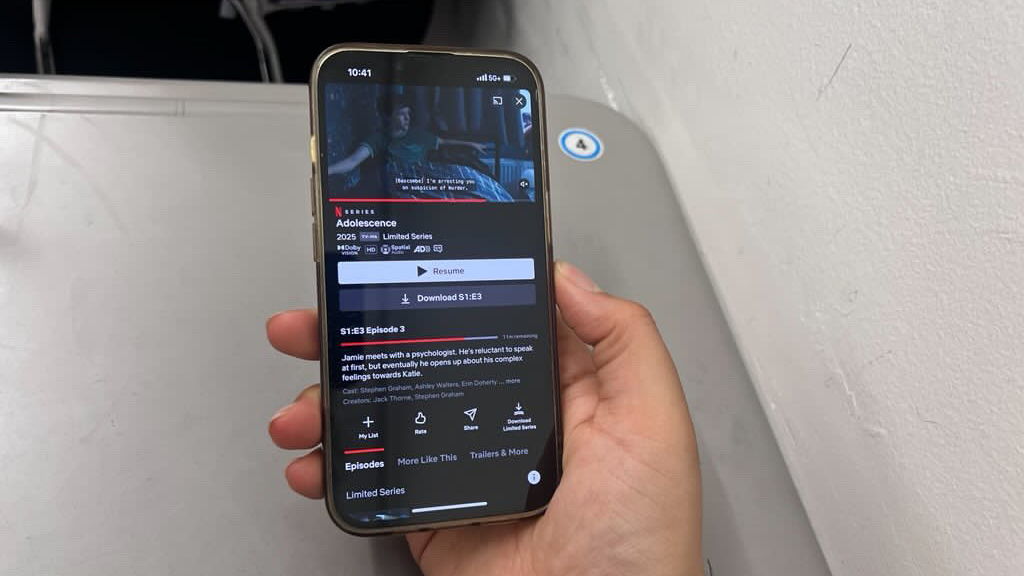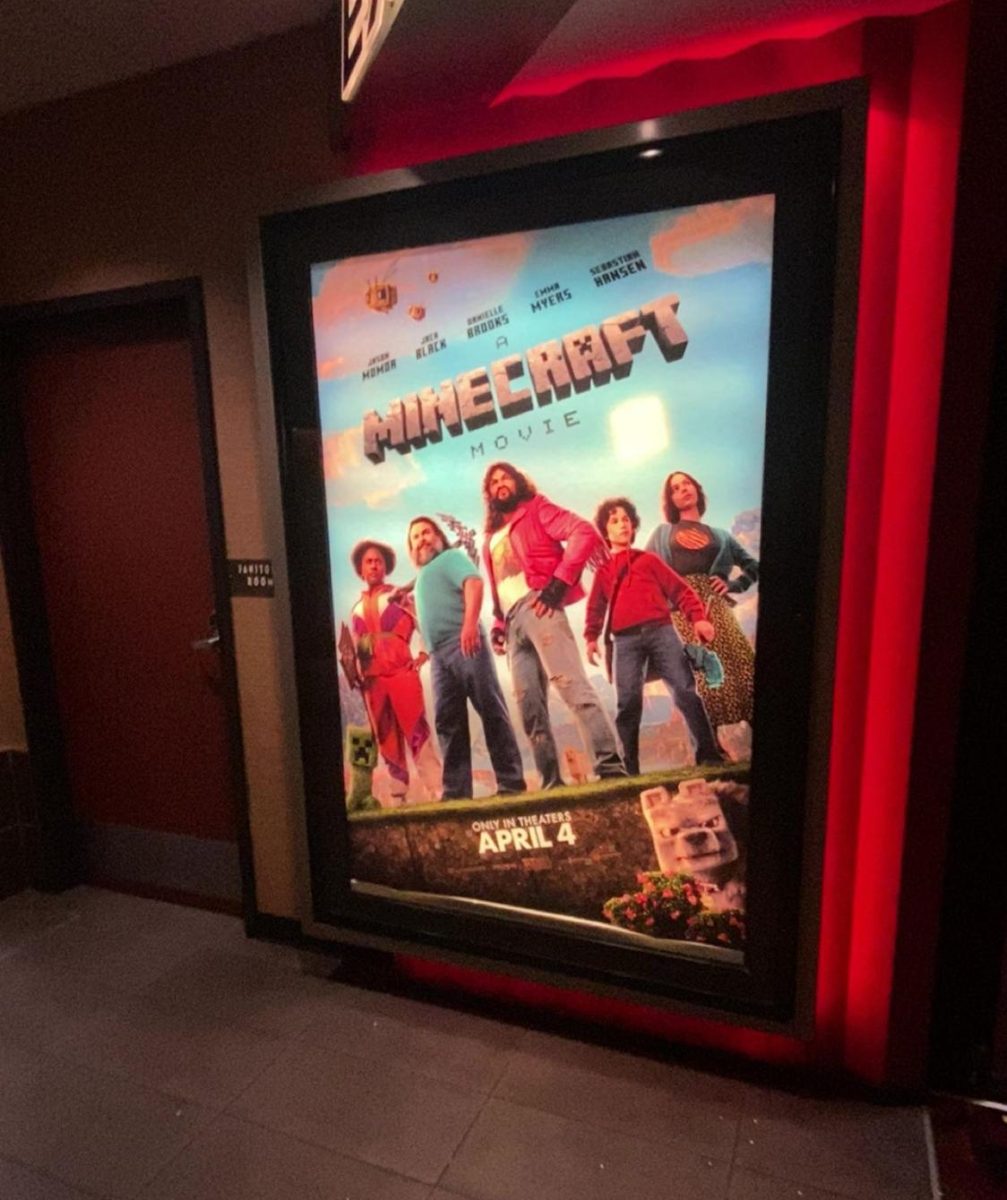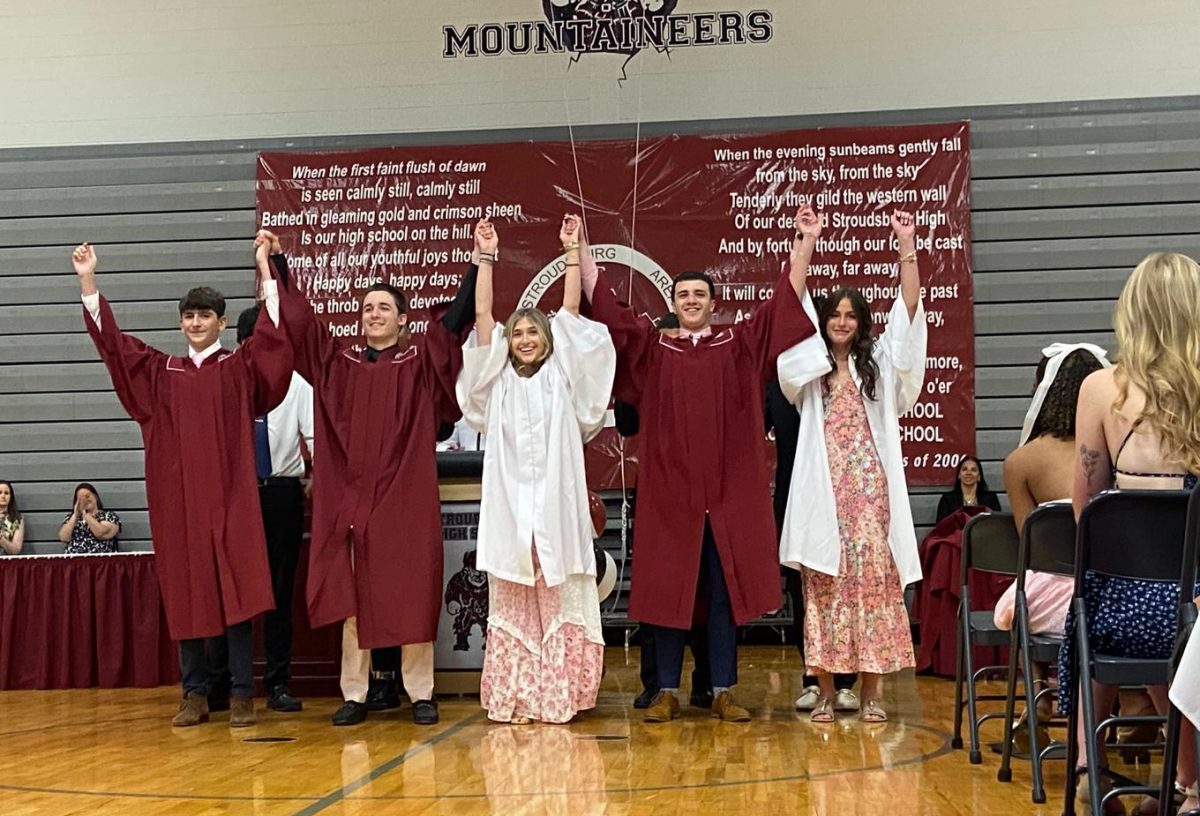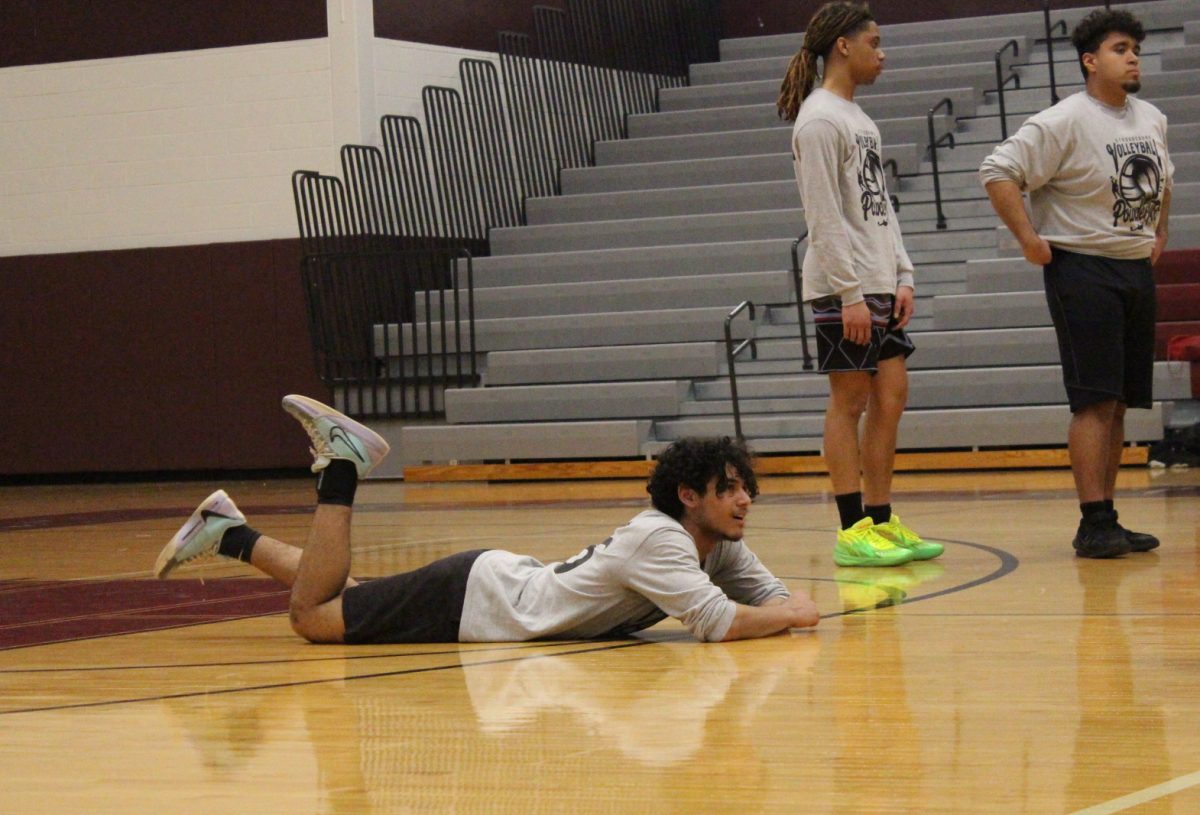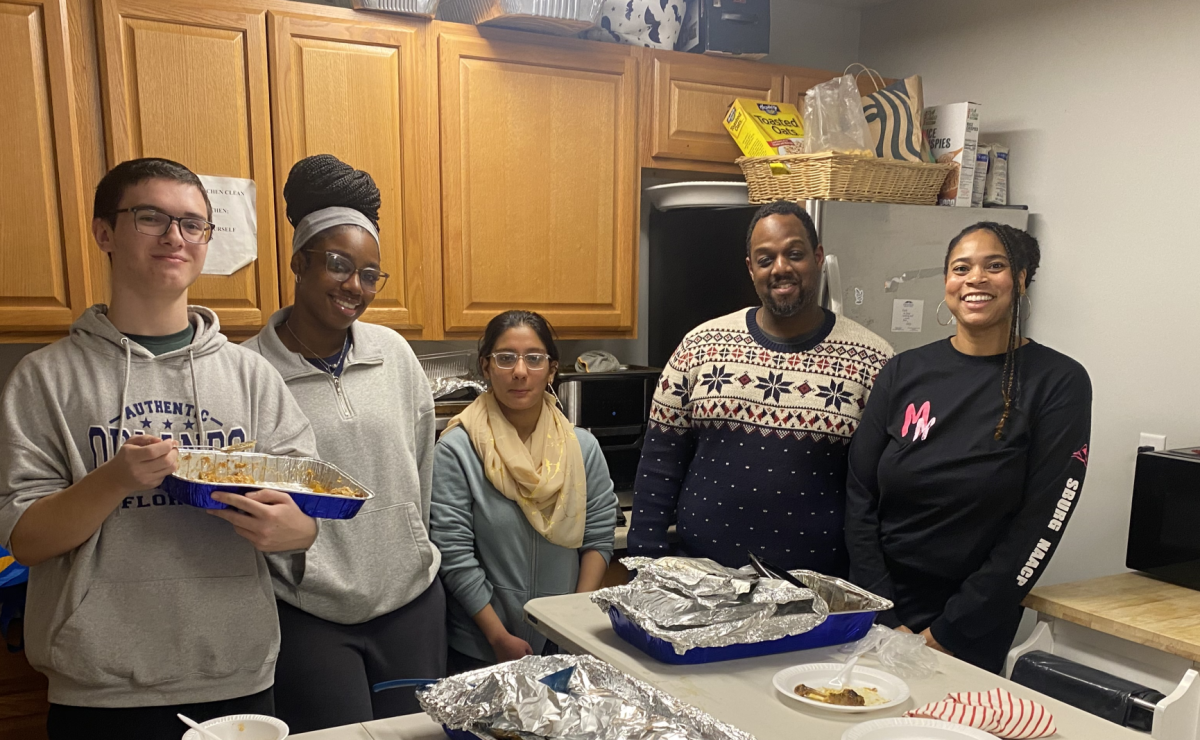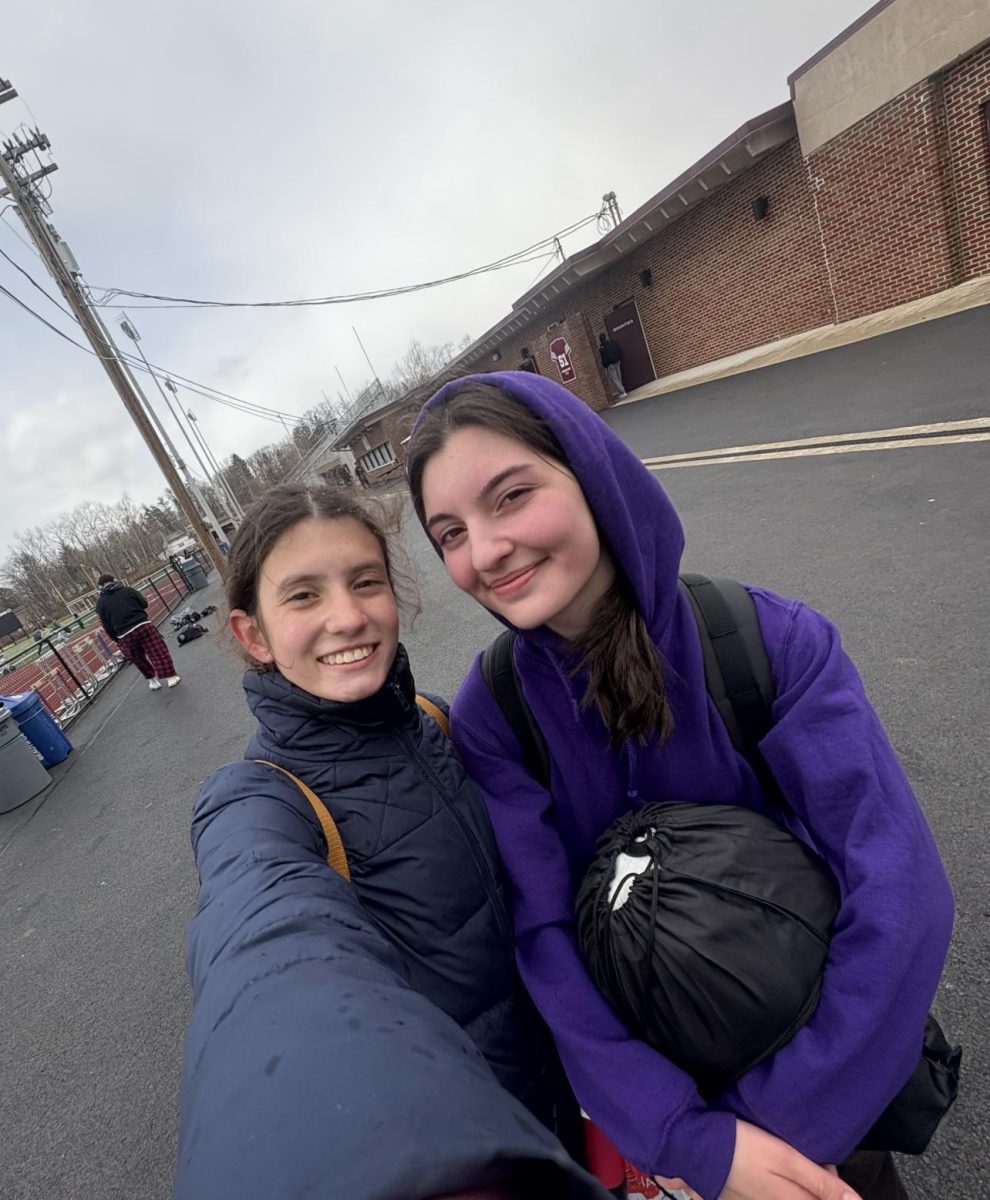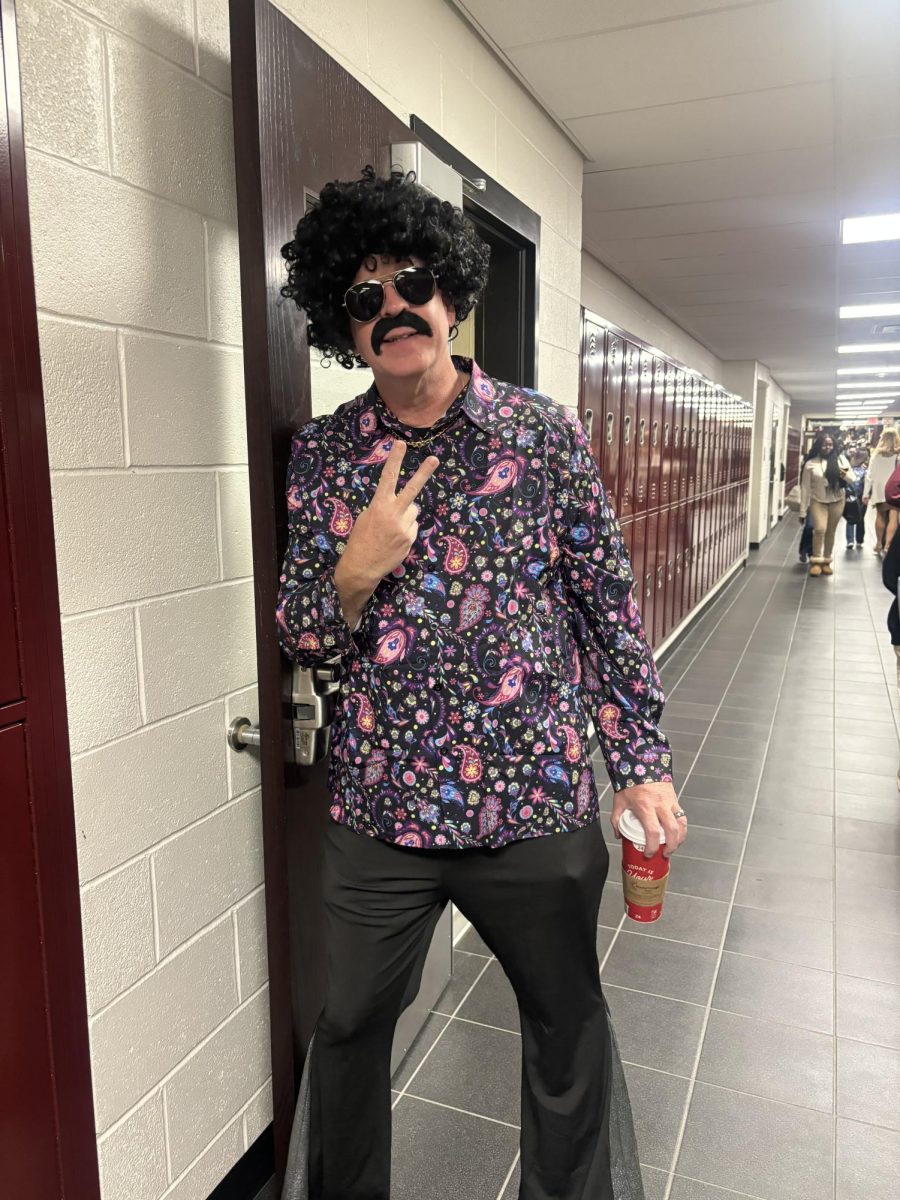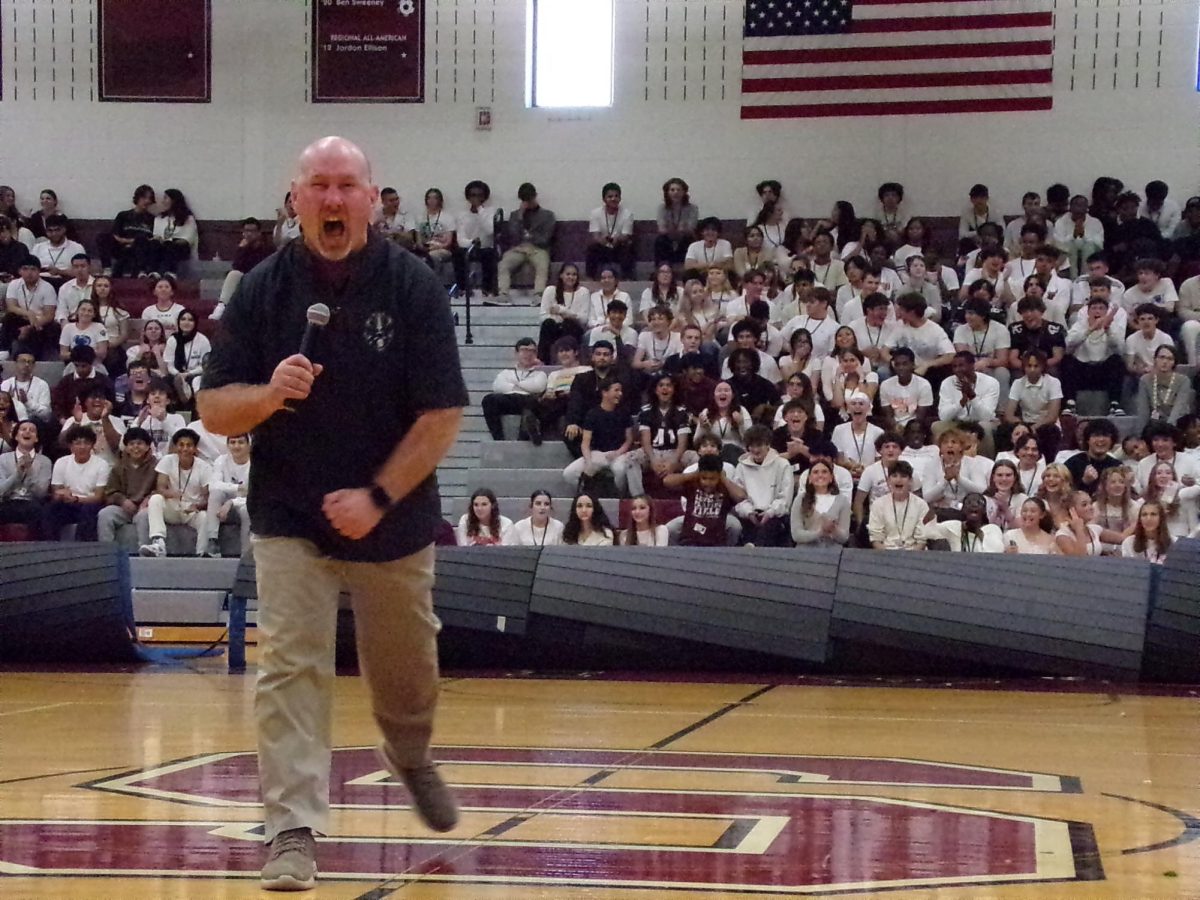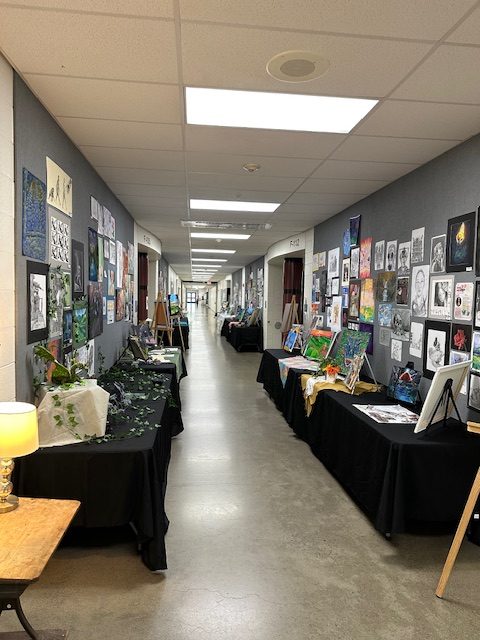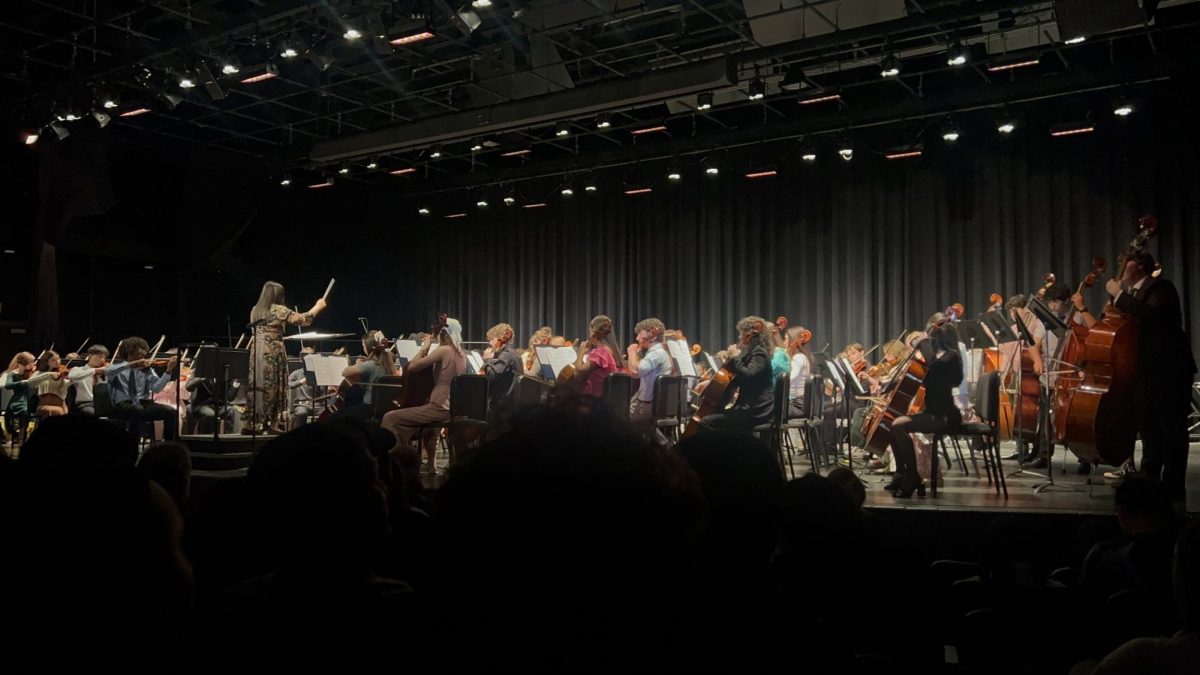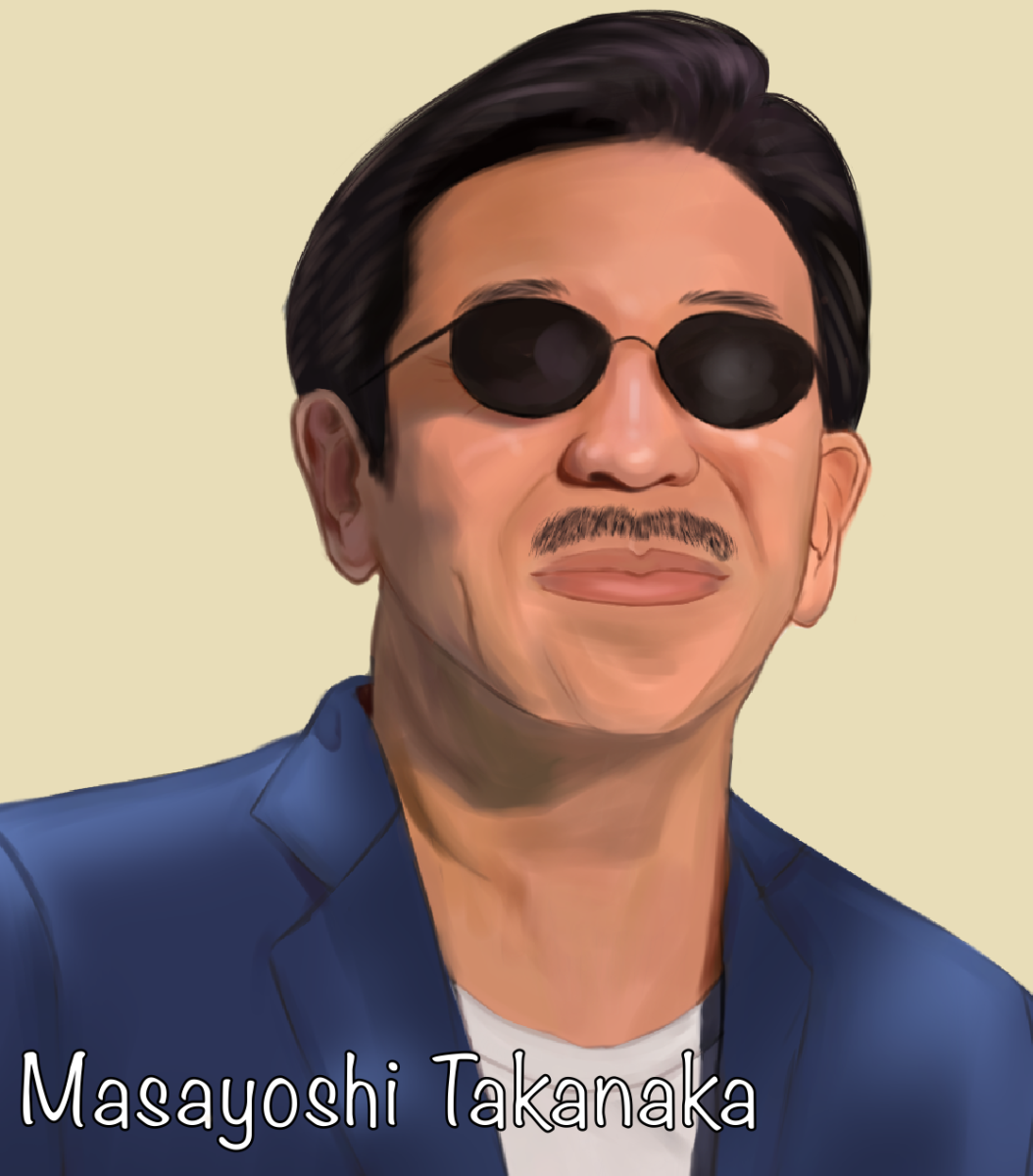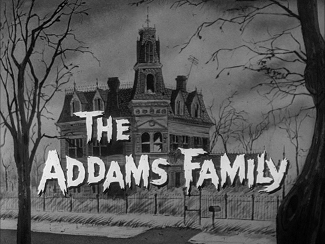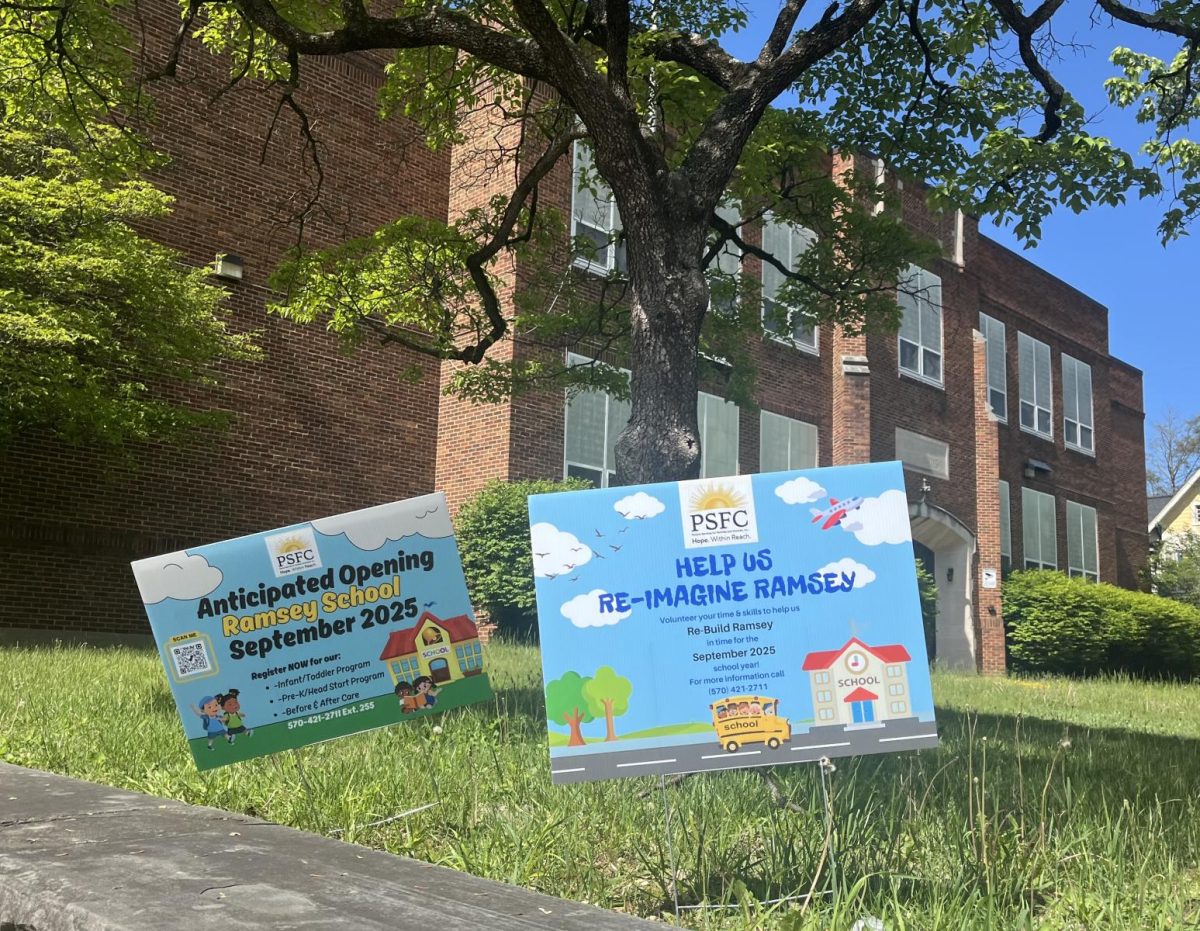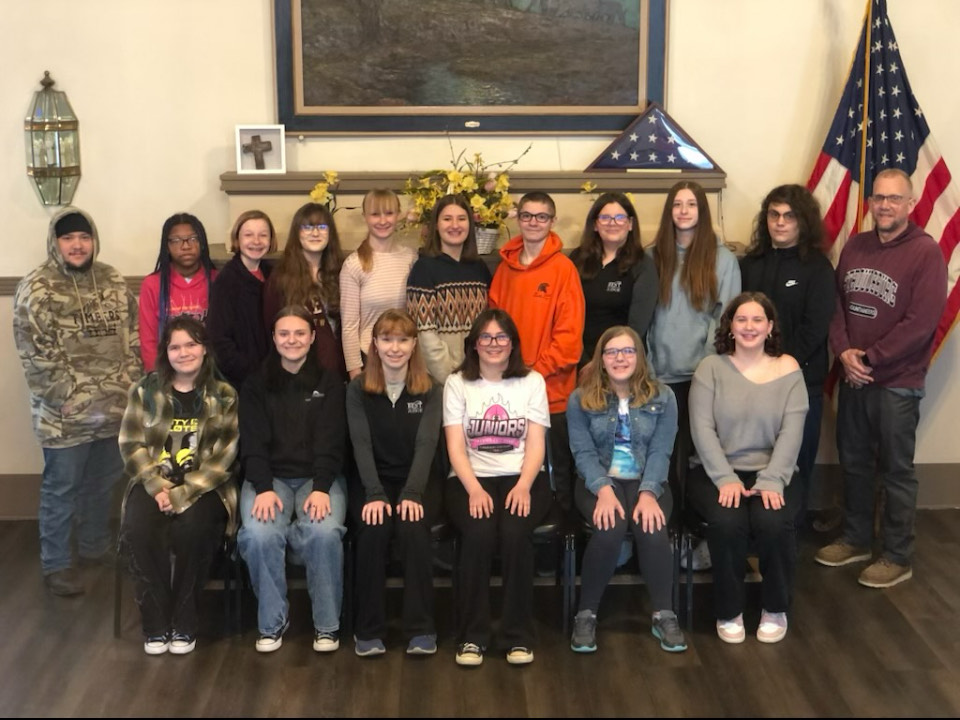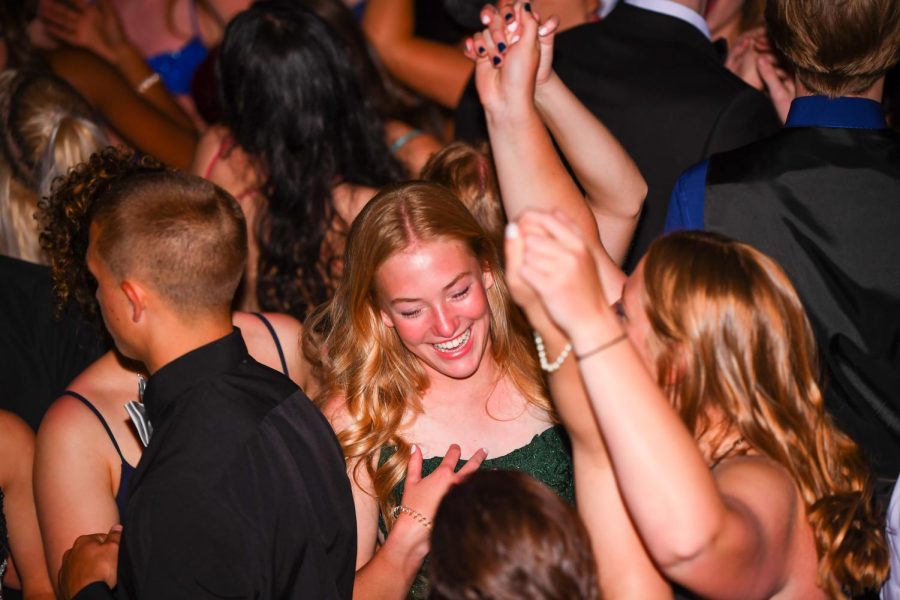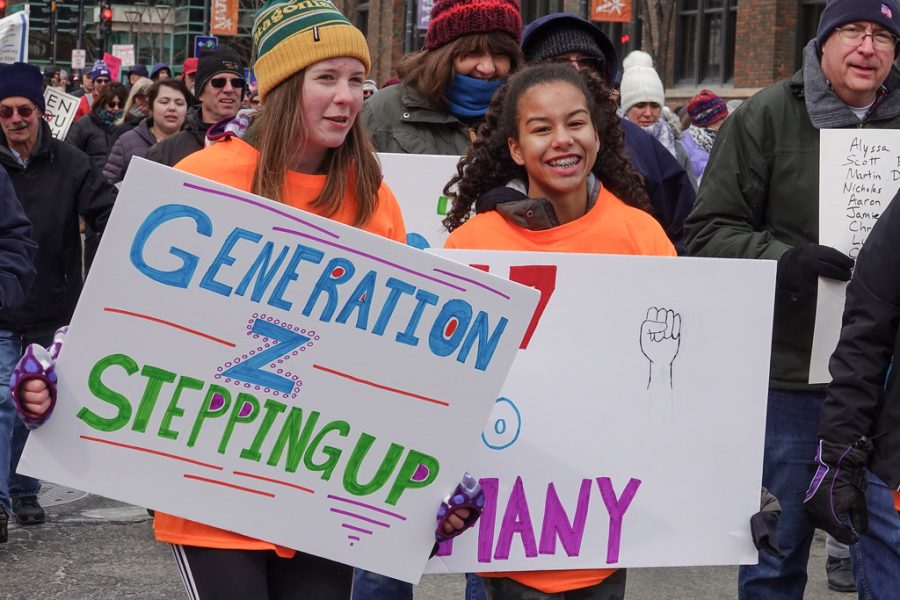Generation Z faces numerous mental health challenges
Photo via Flickr under the Creative Commons license
A girl attending a rally holds a sign that reads “Generation Z Stepping Up.”
April 13, 2022
Today’s second-youngest generation, Generation Z (1997-2012), has grown up in a time like no other.
In recent years, massive surges of technology and social media, more and more threats of gun violence in schools, increasingly polarizing divisiveness in politics, and a global pandemic have shaped the experiences of teenagers and young adults everywhere.
Despite this, many people of older generations are quick to dismiss these young people as lazy, unmotivated, or spoiled.
“Part of the reason I believe Generation Z has struggled so much is because of Generation X,” explained sophomore Mattie Konklin. “Many of them believe that they are fulfilling our emotional needs, but in reality, we are growing up in a world that is much different than theirs, and many of them are not sure how to handle the emotions that have come with the things we’ve experienced.”
The reality is that most young people are beyond overwhelmed with the constant bombardment of tragic news and the broken, seemingly apocalyptic world that is being left for them to try to fix. This has proven to greatly affect Generation Z’s mental health and outlook on the world.
A recent study by the magazine Psychology Today found alarming upward trends in depression, anxiety, and suicide rates in people born in Generation Z. The only other generation to ever match these same rates was the generation of young people alive during the Great Depression and World War II (The Greatest Generation).
Social Media
The number one contributing cause of this variety of problems has been proven to be social media. According to The Pew Research Center, 95% of 13 to 17-year-olds have access to a smartphone, and a similar share (97%) use at least one of seven major online platforms.
Today’s younger people find themselves engrossed in content for hours and hours on social media platforms like Snapchat, Instagram, and TikTok. There are several different problems that can stem from social media usage this high.
The most obvious issue is cyberbullying. Bullying is something that has always been a problem with students, but the invention of social media has made it possible for teens to harass their peers on a 24-hour basis. This may lead to potentially publicly humiliating them, all while most likely doing so behind a fake name or identity.
According to DoSomething.org, “[a]bout, 37% of young people between the ages of 12 and 17 have been bullied online. Thirty percent have had it happen more than once.”
That in itself is startling, but it’s not where the problems stop. Many young people spend hours photoshopping their photos to look a certain way. This could be anything from editing out their acne to making their stomachs flatter or muscles bigger.
Teens and young adults also have a tendency to only put the best parts of their life on the internet. Young people typically only post their triumphs, such as photos of school dances, beach trips, and college commitments.
On the other hand, one will rarely see the messy, complicated side of a young person’s life on social media, such as the death of a loved one, or the really messy breakup they just experienced. This selective reporting on one’s life can lead to others feeling inadequate about themselves.
“Social media has proven to be extremely harmful to so many teenagers,” said junior Sophie Howard. “Even when most of us are alone, we’re not really alone. We sit there, and instead of existing with our thoughts, we turn to scrolling through TikTok and Instagram for hours, distracting ourselves from ourselves.”
Gun Violence and School Shootings
Generation Z has also witnessed more gun violence than any other generation. Today’s sixteen-year-old student was six years old when the mass shooting at Sandy Hook Elementary School in Newtown, Connecticut occurred. This same student was twelve years old when the mass shootings at the Route 91 Country Music Festival in Las Vegas and at Marjory Stoneman Douglas High School in Parkland, Florida happened.
From the time Generation Z entered elementary school, they were taught how to find the best place to hide in a classroom, what the best escape route would be if a gunman entered the building, and what to throw at the gunman should he barge into the classroom and start shooting. These kinds of things would cause a great deal of stress and fear in anyone, let alone teenagers and young adults.
The trusted medical site, WebMD, reported that another survey by The Pew Research Center illustrated “that 57% of American teens are worried about a mass shooting happening at their school. One out of four of these students said that they’re very concerned that they may experience a school shooting.”
COVID-19
In March of 2020, the Coronavirus pandemic forced the whole world into lockdown. As everyone knows, this greatly affected the entire world, but Generation Z has been experiencing severe social and mental repercussions as a result.
Social studies teacher Ms. Jennifer Lobasso spoke on the changes she’s seen upon her students returning post lockdown.
“It was too long of a time without structure or routine for students,” said Lobasso. “As a result of that, it’s definitely been a difficult transition for high school students, given the two-year break. It’s been harder for them to get back into a routine and adjust to the normal demands of school and life. It’s not their fault, it is just the impact that COVID had.”
The Annie E. Casey Foundation, a nonprofit that works to develop a brighter future for Generation Z, stated that the “new normal” was far from easy for the young generation.
The Foundation reports that “more than half report that the pandemic has made it harder to have fun, and nearly half feel the same about being happy and maintaining their mental health.”
Students in Stroudsburg High School are able to explain these negative effects firsthand.
“COVID-19 made me significantly more introverted, after being in quarantine and only being able to see my friends through a screen,” said sophomore Bri Anunciacao. “I discovered that I cannot learn online whatsoever and that being indoors for an extended amount of time is not for me.”
Political and Social Turmoil
While the whole world was under lockdown, an already tense political climate proceeded to explode. On May 25, 2020, Minneapolis police officer Derek Chauvin kneeled on the neck of George Floyd, an African American man, sending him into anaphylaxis, and ultimately killing him.
This incident sent huge shockwaves throughout the country, sparking hundreds of protests against police brutality. The demonstrations took place from small towns to major cities. Many of the people leading and participating in these protests were people from Generation Z.
Anunciacao shared the impact this has had on her.
“Before these cases [such as Floyd’s] came to light, I hadn’t heard much about police brutality, but hearing about it around April 2020 opened my eyes to how cruel the world can be,” Anunciacao said. “Before that, I would’ve called myself mature and said I had a decent understanding of the world. After that, I had no understanding of the world and couldn’t grasp how many brutal and inhumane people occupy this world with me.”
Police brutality and accountability are just two of the many issues that are tearing apart the political atmosphere in our country right now. Traditionally divisive issues have become even more divisive. The Democratic and Republican parties are at each other’s throats more now than ever, and things just keep escalating in the meantime.
As a result of all of this turmoil, youth activism movements across the country have become more and more frequent, with ‘March for Our Lives’ and ‘Fridays for Future’ being some of the most well-known.
The ultimate impact on Generation Z
Despite growing up in this incredibly tumultuous time, some people believe that Generation Z will come out strong.
“If you’re forced to go through a time period where so many bad and unpredictable things happen that are completely out of your control, you, as a generation, are most definitely going to come out much stronger than you were before,” explained Lobasso.







